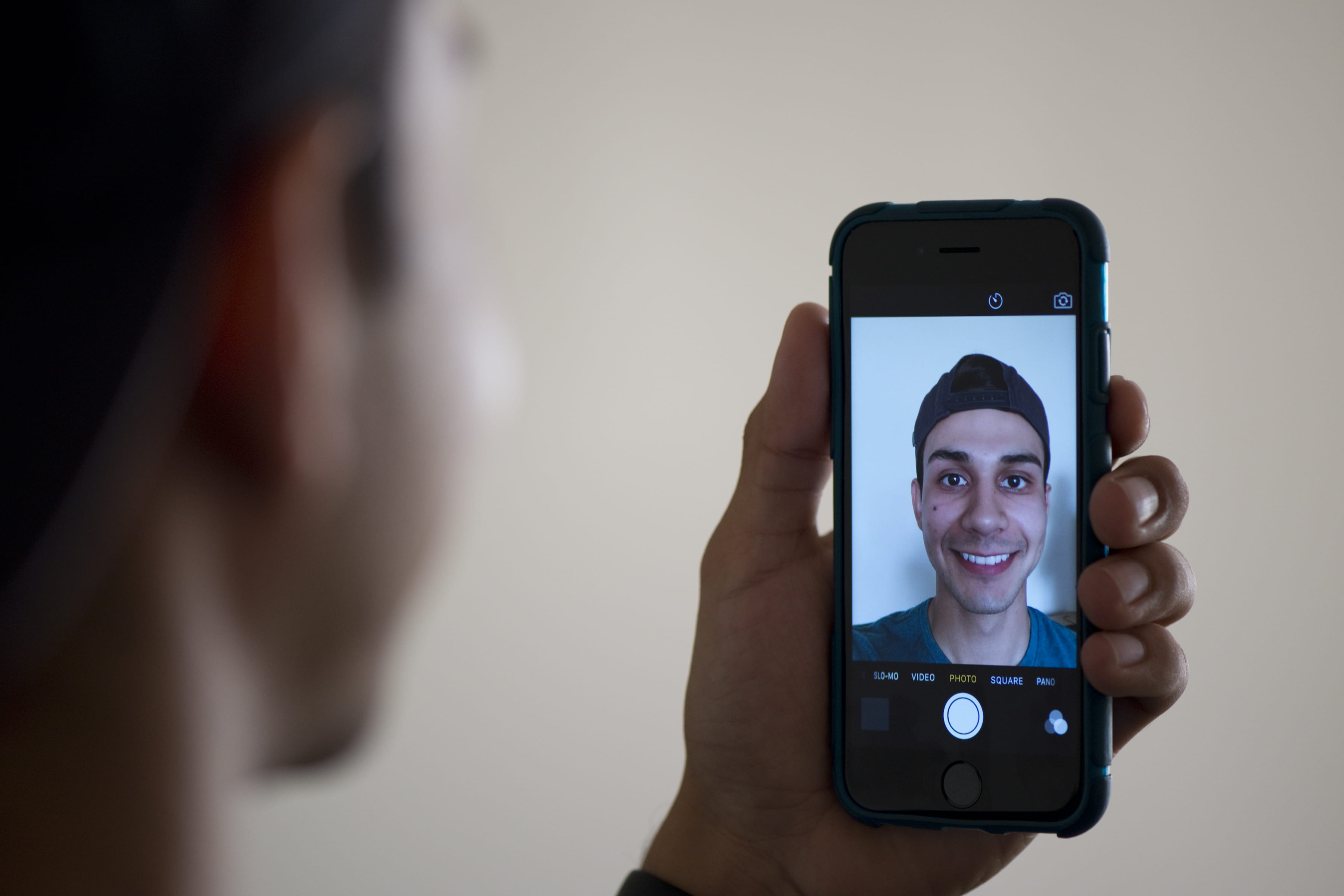Helping Haitians find family
Professor Chen Li and his computer science student team created a “People Finder” Web site to help Haitian quake victims reunite with family.
When a devastating earthquake leveled much of Haiti last month, it knocked out communications and made it nearly impossible for families in the stricken nation and elsewhere to locate and identify loved ones. So Chen Li, UC Irvine associate professor of computer science, and six of his students went to work. In one weekend, they created a Web site with a collective search engine to help people do just that.
The Haiti Family Reunification site scours and pulls data from other Web sites and compiles it in one location. Sources include CNN iReport, the Red Cross and the Person Finder application hosted by Google. Demand is high. Shortly after its launch, the Google site alone was receiving about 90 queries per minute, and it’s currently tracking almost 59,000 records.
“One focus of my research team is how to make search engines more powerful,” Li says. “We’re always trying to find real-world applications for our research results, and this disaster gave us the opportunity.
“The Miami Herald is using our search tool on its Web site, and many people working on the Person Finder project have given us positive feedback.”
He and his students began the Family Reunification project after Hurricane Katrina in 2005. They developed a search engine that lets people looking for lost relatives by quickly scanning ever-changing databases, even if a person’s name is spelled incorrectly – instead of having to visit each Web site independently and input multiple variations of a name.
It uses technology that simplifies data access by supporting “type-ahead, fuzzy” searches. Users can find information with an approximate query (such as “Rafael” versus “Raphael”), despite it not being an exact match. If someone typed in “Emanuel Philippe,” for example, a fuzzy search would yield similar names such as “Manuel Philip.”
Doctoral students Sattam Alsubaiee, Alexander Behm, Inci Cetindil, Shengyue Ji and Rares Vernica, as well as undergrad Dustin Lakin, helped create the Haiti Family Reunification site.
Li’s research in database and information systems is supported by grants from the National Science Foundation, gift funds from Google and Microsoft, and a fund from UCI’s Calit2.


